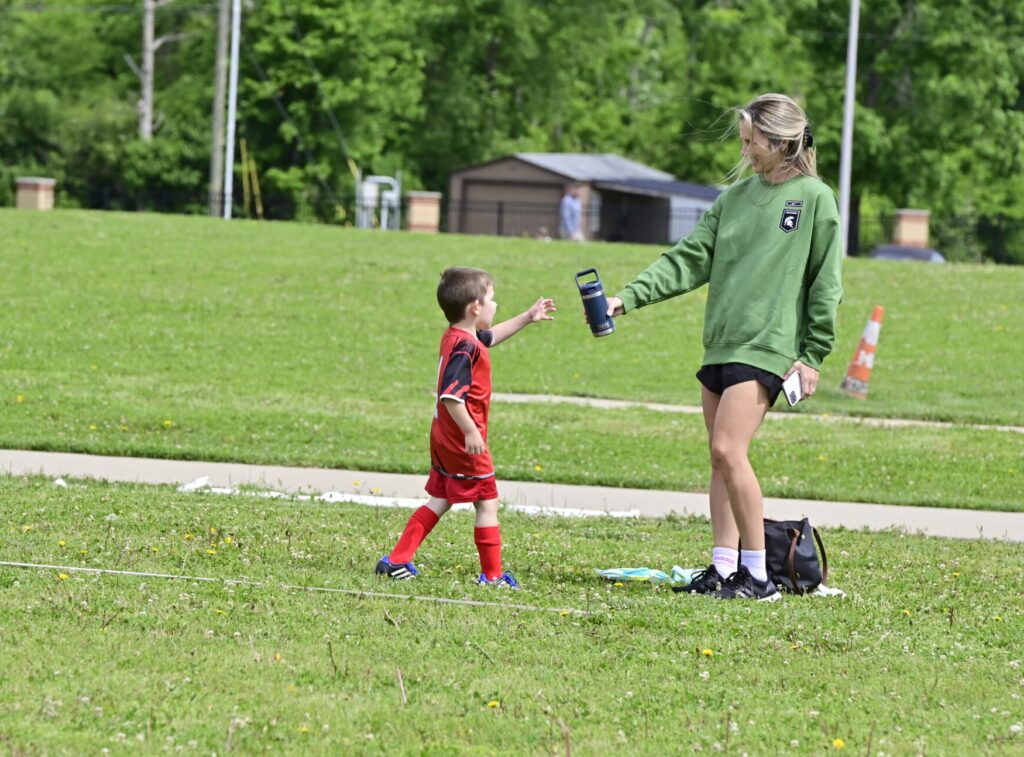4 Essential Heat Safety Tips for Youth Sports
Summer is a season packed with sunshine, high energy, and plenty of outdoor activities. While summer sports are a great way to stay active and build skills, it’s important to be familiar with heat safety.
To help athletes stay safe and perform at their best, here are four heat safety and hydration tips for summer sports:
1. Hydrate Early and Often
One of the most important tips for participating in any summer sports activity is staying hydrated. Dehydration can lead to fatigue, cramps, and even heatstroke. Encourage young athletes to start drinking water before practice begins and continue sipping throughout the day, even if they don’t feel thirsty.
It is a good idea to implement scheduled water breaks every 15-20 minutes. Avoid sugary sodas or energy drinks, as they can contribute to dehydration. Parents can also pack electrolyte drinks to replenish lost minerals during prolonged activities. However, be cautious of electrolyte drinks as not all kids need these. Most youth athletes will not need electrolytes after a game unless they are performing at a higher level or for an extended period of time such as a double-header. We’d recommend consulting your family medical professional before giving your child any electrolytes, but water is always a safe option!
2. Wear Appropriate Clothing
Choosing the right gear can make a big difference in how the body responds to heat. Lightweight, breathable, and moisture-wicking fabrics help keep athletes cool and dry. Light-colored clothing reflects sunlight rather than absorbing it, making it more suitable for hot days. Remind athletes to also wear hats and UV-protective sunglasses, and do not forget to apply a broad-spectrum sunscreen.
3. Know the Signs of Heat Illness
Understanding the warning signs of heat exhaustion and heatstroke is crucial for athletes. Symptoms like dizziness, nausea, rapid heartbeat, excessive sweating (or sudden lack of sweat), and confusion are typically signs that require immediate attention.
4. Acclimate to the Heat Gradually
Young athletes may need time to adapt to playing in warmer conditions, especially if they have spent much of the spring indoors. It is wise to allow the body to gradually build tolerance to the heat before your season starts.
Parents and coaches play a key role in promoting heat safety. By following these four tips, you’ll help ensure that young athletes have a fun, safe, action-packed summer!
